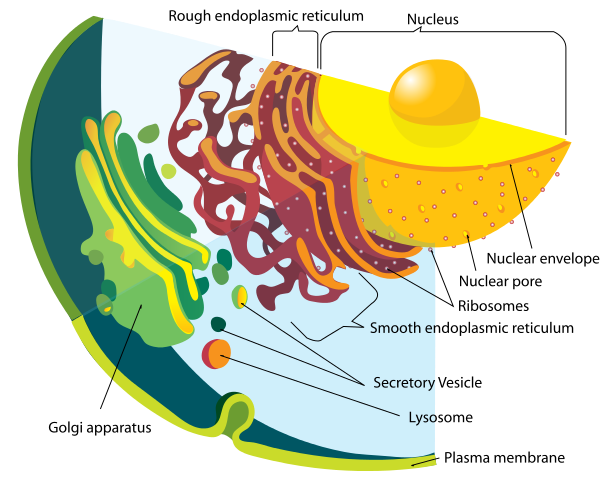Skin cancer: Molecule TZD appears to kill melanoma cells

A newly synthesised molecule has proved effective against melanomas. Scientists have showed that it had the power to kill the cancerous cells, without causing any harm to other cells.
This research started when a team of scientists from French research institute Inserm tested the properties of molecules known as TZD, which were used to treat type II diabetes before being taken out of the market in France for causing cardiovascular problems. They worked by increasing the sensitivity of people's cells to insulin.
Trying the molecule on cancerous skin cells, the scientists discovered it was also effective at killing cancer cells. This property appeared to be independent of TZD's capacity to work against diabetes.
The latest research, published in Cancer Cell, therefore focused on creating new molecules based on TZD, which would work against cancer but without having any effect on insulin.
Teams from Inserm and l'Institut de Chimie de Nice, led by Stephane Rocchi and Dr Rachid Benhida, worked together to change the structure of TZD and synthesise a new molecule called HA15.
"Our work is at the crossroads between biology and chemistry, we played around with the molecules' structures and tested their effect on cells. In the end, we got a molecule which structurally has very little to do with the TZD molecule we started with, though they share the same anti-cancerous properties", lead investigator Stephane Rocchi, told IBTimes UK.
Causing the death of the cell
Tested both on biopsies from patients with melanomas and on rodent models, HA15 appeared to work well, killing cancerous cells. To do so, the molecule increases a cellular stress response associated to the endoplasmic reticulum – the membranous tubules within the cytoplasm of the cell. This can cause the death of the cells. However, non-cancerous cells were not affected.
The researchers later tested the molecule against tumours in breast, cancer, prostate and colon cancer – all with the same positive results.

This discovery is even more interesting because the molecule seemed to work against cancerous cells even when they had become resistant to other kinds of targeted therapies. This could be a game-changer: among all patients who are given these therapies, 80% of them see their melanoma cells becoming resistant to the treatment.
The next stage of the research would be finding a pharmaceutical company to work with, in order to establish a phase-1 clinical trial.
© Copyright IBTimes 2025. All rights reserved.






















